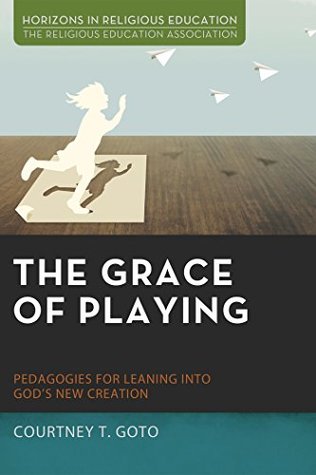The prospect of playing in everyday life challenges religious educators to consider how we invite others into playing if we have never met before. They may not share our history, theology, culture, or familiarity with the ways that people of faith play. They may not have been tutored in the healthy illusions of the faith community/ies to which we belong. In
Welcome back. Just a moment while we sign you in to your Goodreads account.


